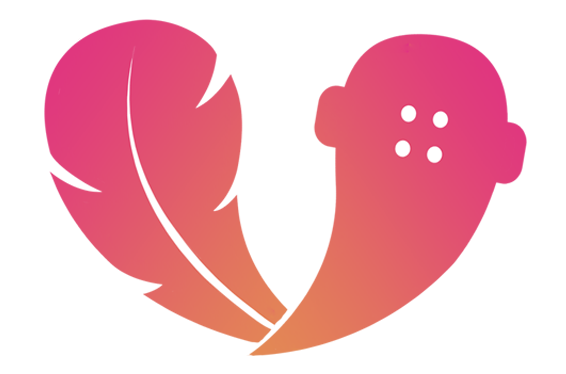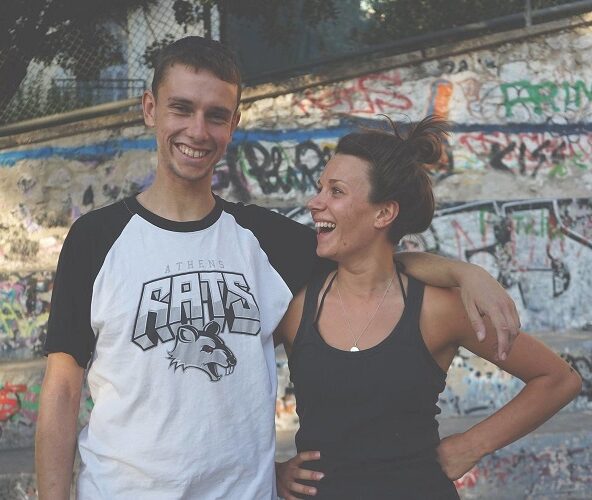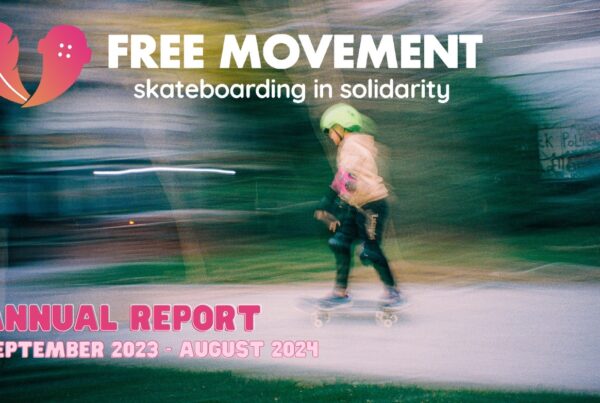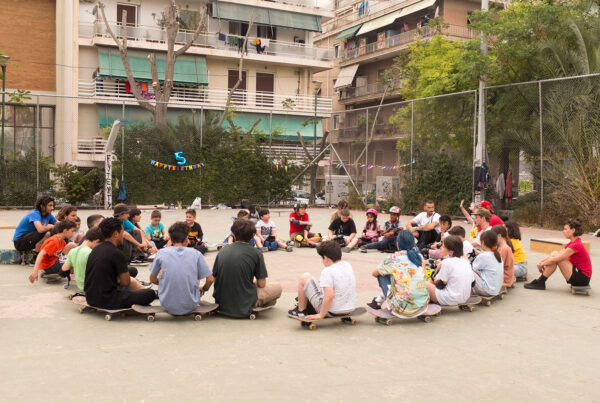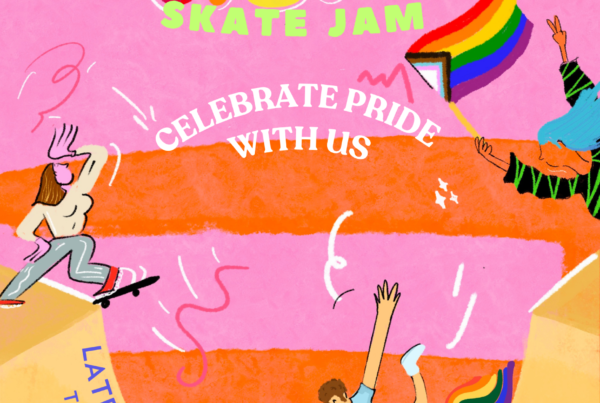Apologies for the prolonged silence here. The recent COVID-19 developments have suspended our usual operations and we’ve had to deflect our attention to providing online resources for our participants, whilst trying to ensure our stability throughout this strange and uncertain time. If you subscribe to our monthly newsletter you will already have received updates throughout. We are keen to keep everyone in the loop as we respond and adapt to the changes in the situation. So here’s a little rundown of the past few months.
An Overview of the situation in Greece and how it affected FMS
On the 10th of March, Greece’s Health Minister, Vassilis Kikilias, announced the suspension of all educational institutions in Greece for at least 14 days. The decision was a precautionary measure after the severe outbreak of COVID-19 in Italy and the recognition of positive cases confirmed in Greece. Following the closure of educational institutions, all organisations and NGOs operating from centres and within camps also suspended their services. We taught our last workshop on the 10th of March and following a team meeting, suspended our workshops until further notice. On Monday 23rd March, Greece implemented tighter restrictions on social interactions and movements outside of the house, encouraging everyone to stay inside as much as possible. This period was then extended until May 4th.
In our meeting following the shutdown of all organisations and NGOs, we decided to use this time to tighten up on policies and procedures, lesson structures and online training. As well as reaching out to other solidarity projects to participate in mutual aid and strategising on how to sustain our fundraising during this time.
March
The end of March marked three years’ of our operations here in Athens. The time has flown by and we’ve seen many developments – in the city, in the young people we teach, in our team, within our sessions and the refugee and humanitarian context. The environment we work in is constantly changing; whether it’s new faces, old ones moving on, a different park, basketball court, reduced space in the camps due to overcrowding; we have to move and adapt with an unstable situation and oftentimes it feels like we’re swimming against the current. This hiatus gives us time to reflect though, and as we look back over these three years we can see the progress, the resilience and the support that is sometimes hard to focus on whilst in our usual routine.
When we began our project we had three main aims in our minds that we wanted our skateboarding workshops to address. We hoped, through regular participation, we could help to improve the physical and mental wellbeing of young people affected by the humanitarian crisis. Specifically: to foster the self-care, fulfilment and belief to assist in the healing process from past trauma and prolonged stress. Secondly, by encouraging participation in a social sport—but one that is non-competitive and non-outcome based—we hoped to create safe and supportive spaces where different communities can build strong ties. Lastly, we wanted to represent, advocate for and practice equity within skateboarding – to ensure our workshops provided an embracing and inclusive space where all genders are empowered and everyone feels welcome.
We are aware we had high hopes(!) and that we still have some way to go, but looking back we feel satisfied that we have stuck to these values and made a good start to addressing some real positive change. Our workshops see an average of 158 unique people every week, most of these people are long-term participants whom we are able to build a strong relationship with and support on their journeys. Both of our partner organisations in the refugee camps we teach in have noted that our workshops have improved communication and ties across different communities living within the camps. Through long-term participant observations, we have seen significant improvements in focus, communication, patience and support for others. Our student surveys found that 94% of participants formed new friendships skateboarding in our workshops, 85% said they are able to make mistakes and learn from them, and 98% said they feel safe learning in our workshops. We run a focused Women’s Program which works to establish safety networks and healthy lifestyles. Across all of our workshops, we teach people of 18 different nationalities and 42% identify as girls or women.
Pictured below are some photographs from a few of our first ever workshops here in Athens!


April
With our usual workshops on hold, we’ve been using our time to help Khora Community Kitchen with their food distribution to those in need across Athens. Since the lockdown began in mid-March, vital services offering food and necessities to thousands of people around Athens have been forced to close temporarily. As an amazing initiative to continue supporting people, Khora have been utilising their kitchen facilities to cook and distribute over 1000 meals a day. We’ve been playing our small part to help them – using our van, our feet and bikes to do deliveries! Khora Community Kitchen form part of The Athens Food Collective, who are currently fundraising to continue their operations. You can find out more and donate if you can by clicking here.

Hosted by Skateistan and The GoodPush, social skateboarding projects worldwide have been participating in ongoing seminars to address COVID-related challenges, contingency plans, and how to prepare for a safe return to programs. Safeguarding and child protection issues have been a main part of the discussions, adapting programs to meet heightened needs and vulnerabilities within the communities we work in. This mutual aid has been greatly helpful in these times of uncertainty – with so many different voices and perspectives we were able to share concerns, resources and knowledge; coming to productive conclusions together. With our workshops having to stop suddenly, without the opportunity to inform our participants, it was crucial for us to reach out to the families to let them know why we had to suspend things temporarily. As a result of these seminars, we have created an annex to our safeguarding policy which includes digital interactions with participants and have thus been able to keep them updated on when our workshops will begin again, as well as sharing online resources with those who have internet access.

May
Last month we launched our online ‘Stay at Home’ series and Trick Tip videos. The Stay at Home series is a collection of interviews with various creative figures from the skateboarding community, presenting their work and learning the inspiration behind it. Each interviewee also sets a creative task for people to respond to at home. The intentions of this series are to engage some of our usual participants—and the world at large!—in some fun and interesting challenges. To inspire thought, creativity, meaningful interactions, and to promote some amazing figures doing incredible work. You can view our Trick Tip videos and Stay at Home series here.

The current climate
On April 28th, the government announced that as of May 4th the lockdown restrictions will gradually be reduced. Significant for our operations: Beginning of June sports venues re-opened, as well as primary and kindergarden schools. The easing of these restrictions are now in their final stages and from June 15th, the public will be able to participate in group sports again, thus allowing us to slowly reintroduce our workshops. There have been no outbreaks in the refugee camps we operate in, and they are welcoming NGOs back in mid-June. Our plan for a safe return to operations incorporates a gradual return to sessions – we will start with one public session and two in each refugee camp each week, but with much smaller groups (a reduction of the participants from 20 to 10 per session). We have thoroughly cleaned and disinfected our van, as well as all equipment. All safety equipment will be sanitised after every session, and all staff are required to wear masks and gloves. It is crucial for us to return to supporting the young people we teach in a cautious, safe and considered way.
The wellbeing of our participants, our staff, volunteers, and the general public as a whole, is paramount to us. We are aware that there will always be risks involved in resuming our workshops and it has been a hard decision trying to decide when to begin again. We are basing this decision on local government guidelines, information from partner projects – especially the situation in the refugee camps we teach in, as well as the fact that other similar NGOs and projects have resumed operations in the last weeks. We will be vigilant in sticking to our precautions and will be monitoring the situation closely as we progress.
Wherever you are, take care of yourselves and take care of each other.


